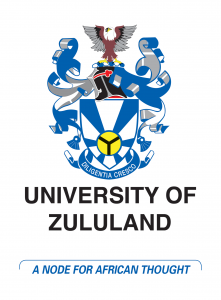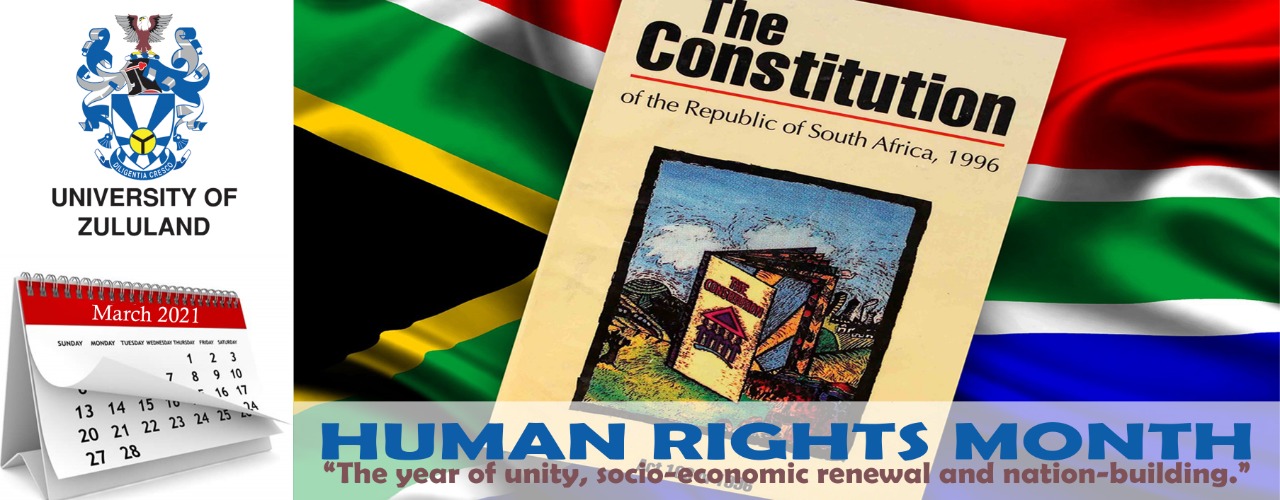Understanding and Promoting Human Rights Culture at the Workplace
By Dr Mafuku Tholaine Matadi
Senior Lecturer in Law department.
The significance of human rights at the international and domestic level cannot be understated. The United Nations (UN) describes human rights as those rights that are inherent in our nature and without which one cannot live as human beings. Human rights allow us to develop fully and to use our human qualities, intelligence, talents and our conscience to satisfy our spiritual, material, social and other needs. They are based on humankind’s demand for a life in which the inherent dignity and worth of each human being will receive respect and protection. The denial of human rights is not only a tragedy for the individuals whose human rights have been taken away, but it also creates conditions of social and political unrest. Furthermore, the denial of human rights raises issues of violence and conflict within and between communities and nations.
As mentioned above, human rights are considered to be inherent. This means that they are derived from each person’s in-born dignity and that every person is entitled to these rights simply because they are “human”. Human rights are not owned by selected people or given as a gift. They belong to everybody, irrespective of who they are, or what they have done. This is why they are referred to as “human rights.” Despite being inherent, human rights are considered to be indivisible, interdependent and universal. Indivisible because they all have the same characteristics. No right is superior to any other rights. They are said to be interdependent as the full enjoyment of one right depends on the possession of the other rights. Lastly, they are said to be universal because they apply uniformly and with equal force throughout the world. Article 2 of The Universal Declaration of Human Rights (UDHR) provides that
“Everyone is entitled to all the rights and freedoms set forth in this Declaration, without distinction of any kind, such as race, colour, sex, language, religion, political or another opinion, national or social origin, property, birth or another status. Furthermore, no distinction shall be made on the basis of the political, jurisdictional or international status of the country or territory to which a person belongs, whether it be independent, trust, non-self-governing or under any other limitation of sovereignty”.
This provision implies that when it comes to respecting people’s rights, there is no room for discrimination of any kind. Indeed, the UDHR led the UN to adopt two covenants in 1966 namely the International Covenant on Civil and Political Rights (ICCPR) and the International Covenant on Economic, Social and Cultural Rights (ICESPR). As their connotations indicate, the ICCPR protect civil and political rights while the ICESR protects social, cultural and economic rights. These covenants are legally binding on the states that sign them.
It follows that South Africa has also signed and ratified these covenants (ICCPR in 1998 and ICESPR in 2015). The evidence of its commitment is reflected by the fact that South Africa incorporated the Bill of Rights into Chapter Two of the Constitution of the Republic of South Africa,1996. The Bill of Rights contains 33 sections in which 6 of these, set out the manner in which it operates (SS 7-8;36-38). They are known as operational provisions and 27 sections list the protected rights themselves (9-35). They are also known as substantive provisions.
To this end, when one looks at the significance of these rights at the domestic level, one could ask a question as to who may claim the rights in the Bill of Rights? Most of the rights in the Bill of Rights are for the benefit of everyone. For example, everyone has the right to life (s 11), everyone is equal before the law (s 9(1)) and no one may be subjected to slavery, servitude or forced labour. Therefore, these rights may be claimed by every natural citizen who is physically present in South Africa, irrespective of whether they are citizens or not. Some rights however are for the benefit of a narrower category of persons only. For instance, every citizen is free to make a political choice (s19), every worker has the right to form and join a trade union (s 22). Every child has the right to name and nationality from birth (s28).
Having said that, it is worth noting that everyone should be aware of his or her rights. As the Latin maxim states: Ignorantia Juris non-excusat which simply means “ignorance of the law excuses no one”. Arguably, everyone should be in possession of the Constitution of RSA, 1996 given that it is the supreme law of the country.
What transpires from the above statement leads us to the question of how do we then promote a human rights culture at the workplace?
Eventually, two crucial points need to be noted in order to uphold human rights in the workplace. Firstly, promoting the culture of human rights requires the organisation or the institution to embed human rights in the policy. By entrenching human rights in the policy, the employer ensures that employees rights are respected and safeguarded. Similarly, a human rights policy sets out a statement of standard for the employer’s role in respect of the recruitment, working condition, workplace culture, promotion, pay, a diversity which also includes people with disability. Secondly, the institution that promotes the culture of human rights needs to ensure that employees are equipped with knowledge, skills, behaviour and attitudes.
Precisely, in respect of knowledge: employees should be encouraged to know their rights and responsibilities under the appropriate laws and human rights instruments.
In terms of skills, employees need to be equipped in responding to discrimination and any kind of harassment. They should promote equality and support human rights. As for the behaviours, at the workplace employees should be free from discrimination, any type of harassment, human rights infringement, and supportive of diversity and equality.
In respect of attitudes, employees need to appreciate, comprehend and uplift, equality, diversity, and non-discrimination.
To sum up, it can be submitted that human rights are derived from each human being’s in-born dignity. It is everyone’s duty to respect, promote and fulfil these rights not only on a special occasion but on a daily basis. For a successful human culture, a change of behaviours and attitudes is vital.

